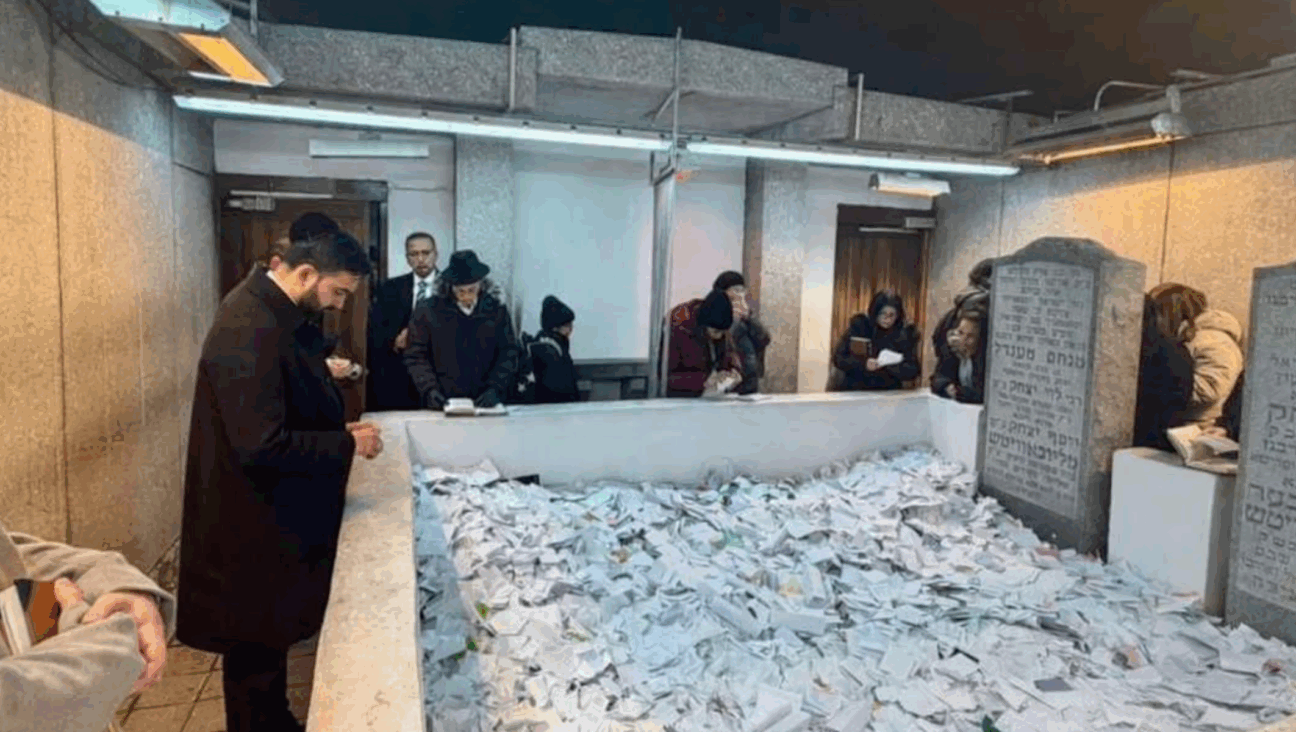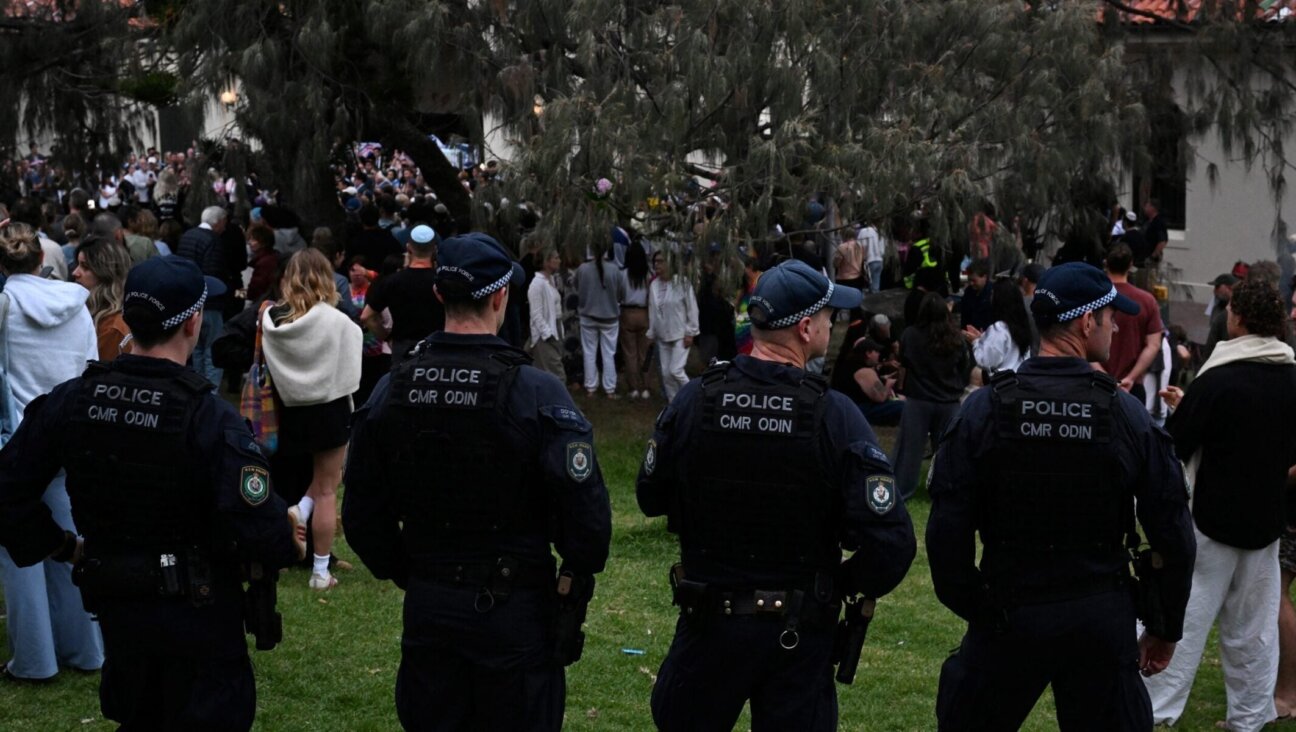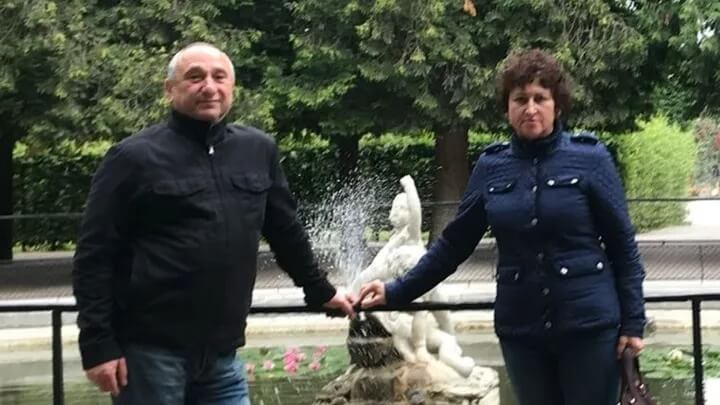Argentina Jews Worried About Plan To Admit 3,000 Syrian Refugees
BUENOS AIRES, Argentina — Jewish leaders in Argentina have called on the country’s authorities to provide security guarantees as Argentina gears up to receive 3,000 Syrian refugees.
The refugees will enter the country as part of an agreement with the European Union.
Argentina’s secretary-general, Marcos Pena, met in Washington, D.C., on June 10 with U.S. National Security Advisor Susan Rice.
“We believe our role should be to assist with the humanitarian emergency the way the U.S., the European Union and the international community are doing,” Pena said after the meeting.
The following day, Rice thanked him for accepting the 3,000 refugees, writing on Twitter: “I commend & thank @marquitospena & the entire Argentine govt for demonstrating the leadership to accept 3000 Syrian refugees.”
I commend & thank @marquitospena & the entire Argentine govt for demonstrating the leadership to accept 3000 Syrian refugees.
— Susan Rice (@AmbassadorRice) June 11, 2016
The final details of the program have not been made public, but in the wake of recent attacks by refugees in countries in Europe, the Argentine Jewish political umbrella DAIA expressed some concerns. DAIA leaders met with Argentine security authorities to discuss the community’s need for security guarantees.
“My grandfather came from Damascus, Syria. This country opened its arms to the immigrants. We agree with the humanitarian ideal,” Ariel Cohen Sabban, president of the DAIA, told JTA. “The intention is very good but the reality could be complicated. It is important to undertake it very carefully to avoid lack of security and complications.”
Cohen Sabban met Sunday with Argentina’s minister of security, Patricia Bullrich, to discuss security issues.
On Tuesday, during a news conference at the government office, the Pink House, Pena was asked if the government would continue with the plan to receive the refugees. His response made reference to the attacks in Buenos Aires on the AMIA Jewish center in 1994 and the Israeli Embassy in 1992.
“We will continue our tradition of receiving immigrants. Some 1,500 have entered already and, related to our desire to help more in this global situation, we need more discussions to decide how to do this,” he said. “We are working with the Vatican, the OAS, the United States and the European Union.
“But we will not do anything to increase insecurity in our country. We are clear that terrorism has already hit our country twice, at the AMIA Jewish center and the Israeli Embassy. We are actively monitoring the security threats, especially with the current upheaval in the world. We are very clear in our stand against violence and terrorism.”
Interior Minister Rogelio Frigerio added that “our immigration office will do a very careful analysis of the refugees who will enter.”
Since 2014, Argentina has offered a special humanitarian visa program to those affected by the civil war in Syria. The program includes relocation in coordination with local Arab and Catholic organizations.















